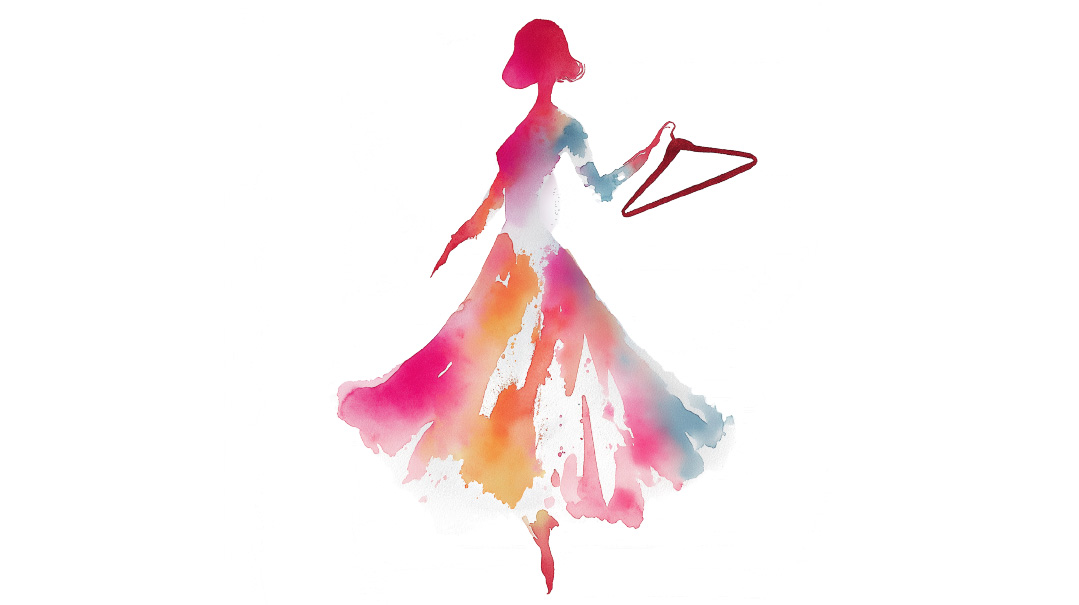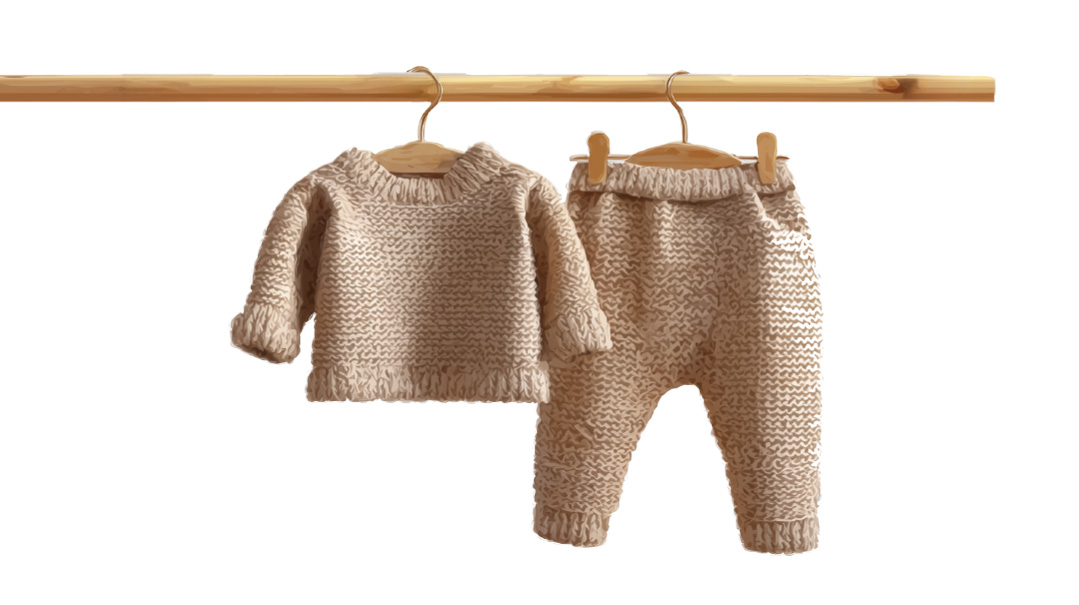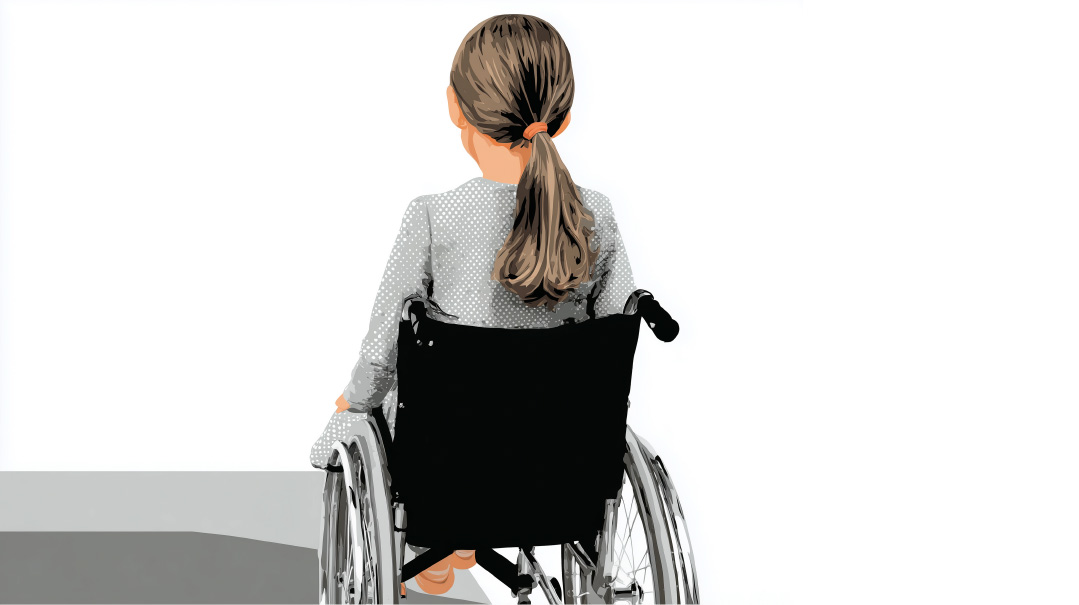The Prince Has Left Us

“He left us! Sar HaTorah has left us!”

I
was feeling pretty proud of myself — a woman in her second trimester sponging wine off the floor after a raging Friday Purim seudah. It had been a success, my children had had the time of their lives, my husband was in that cute drunken state where he was trying to help but really just needed to sleep it off before Kabbalas Shabbos, and I was grateful.
Grateful for my family, grateful for a job well done on a Friday Purim, and grateful that Shabbos was coming and I was only having ten bochurim and a family that night (I may or may not be crazy; it’s up for debate).
But before that, I was going to clean my home, bathe the children, and get ready. The cholent was bubbling, the hotplate plugged in, and Shabbos was in the air.
And then the door burst open. A Sephardi bochur we didn’t know — but hey, on Purim, everyone’s invited — barged in, grabbed my intoxicated, sleepy husband by the shirt, and sobbed loudly and brokenly, “He left us! Sar HaTorah has left us!”
And then he turned around, ricocheted off the door frame, and was out, leaving footprints in my sponja and broken hearts behind.
It couldn’t be. My suddenly sober husband and I looked at each other. It just couldn’t be.
But slowly, the news broke, just one hour before Shabbos. And the sounds of the candlelighting siren mingled with the sobs of those bereft. Rav Chaim Kanievsky had returned his purified, glorified neshamah to Hashem.
I
think back to that sephardi boy often, at the words he obviously didn’t choose, given his circumstance, but the words that burst from his neshamah: “He left us. The Prince of Torah has left us.”
Halevai. Halevai I felt so personally bereft because the gadol hador was niftar. I was saddened. So, so saddened. I was afraid — what is This World without Rav Chaim in it? But did I feel like a child clutching his father’s hand, suddenly examining his empty one? Did I feel “left”?
The country mourned. We all mourned. The Mishpacha office jumped into high gear, ensuring our Nation could have something to hold on to, something that explained, or at least tried to, the incredible gift we’d been given these past 90 years or so. Thousands, including my husband, son, nephews, traveled in streams to be melaveh our Prince.
L
ately, I don’t have the luxury of feeling saddened because of a lack of depth of feeling.
These days, the pain comes in waves, as does the guilt. Feel more, my mind commands, try! Try to feel their agony.
Then, “Turn it off! Feel less! We need to be a mother, a wife, a daughter. It’s too much.”
Pillows are soaked, and then pain is forgotten as I have a coffee with a friend. Someone with orange hair will walk by, and we’ll fall silent, ashamed that for a moment, we escaped.
The dichotomy of being a Jew, we rationalize.
And maybe it is? Maybe being a Jew is that Friday Purim. Listening to the sounds of sobbing echoing through the hills of Jerusalem, round and broken, like a shofar’s call.
And then washing up, donning fresh clothing, and eyelids still wet with tears, bursting into Lecha Dodi.
The Prince of Torah has left us, but the Shabbos Queen approaches.
Come, our People. Rejoice! Beginning at this exact moment, not only is mourning forbidden, but joy is encouraged.
Is that not the greatest dichotomy of them all?
(Originally featured in Family First, Issue 935)
Oops! We could not locate your form.







